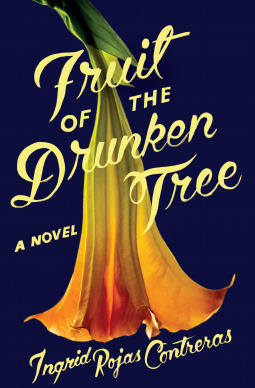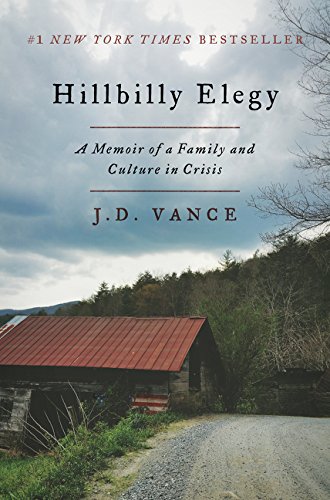
The Baron in the Trees (Il barone rampante) [1957] – ★★★1/2
The Baron in the Trees is the fourth book of Italian author Italo Calvino (Invisible Cities [1972]), telling of young man Cosimo, living in the eighteenth century, who decides to live on trees, never going down, sticking to his own principle that he would never touch the ground again. His family soon realises that what might have started as a childish tantrum has transformed into something big and life-changing. In time, Cosimo manages not only to live on the trees, but also to hunt, cook food, sleep and wash his clothes up there. He makes himself useful to others and develops friendship with a local girl named Viola. The exploration of the new world of Cosimo up in the trees is fascinating and Calvino’s existentialist concept of one man eschewing society and its norms is appealing. It is then even more surprising to learn that, unfortunately, The Baron in the Trees is also quite plot-less and, in the end, delivers little by way of substance.
Continue reading “Review: The Baron in the Trees by Italo Calvino”


 The Fishermen [2015] –
The Fishermen [2015] – 
